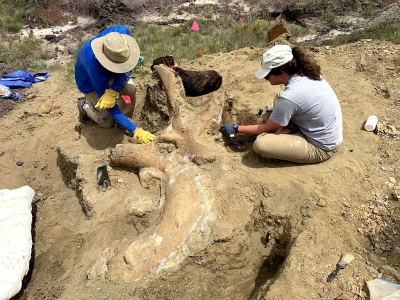WHAT IS AN EXPERT ON FOSSILS CALLED?

The main forms of evidence concerning ancient life are body fossils, trace fossils, and geochemical evidence that has helped researchers unravel the development of life before there were animals large enough to leave body fossils.
Paleontology is the study of prehistoric living creatures, which includes dinosaurs as well as prehistoric plants, animals, fish, insects, fungi, and even bacteria. Paleontologists investigate the fossilized record of life on Earth.
Paleontologists will not run out of work very soon because more than 99% of all animals that have ever existed are extinct. Working out the links between ancient animals and plants and their extant descendants is a part of the paleontological study. Australia, South Africa, South America, India, and Antarctica all have many fossil sources.
The scientists who study fossils may measure, draw, and photograph the fossils found. Later, when they study with the fossils in their laboratory, they utilize this knowledge. Charles Darwin revolutionized our perceptions of living organisms. Darwin's Theory of Evolution by Natural Selection discovered and connected all of the life sciences together and explained how living things evolved and adapted.
Credit: kidadl.com
Picture Credit : Google
